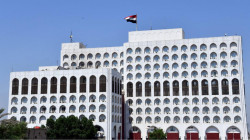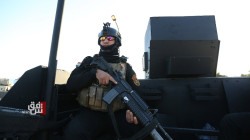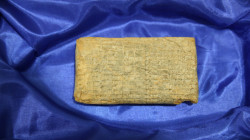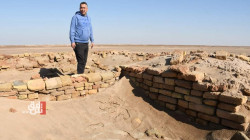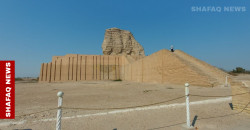Iraq recovers 181 smuggled antiquities
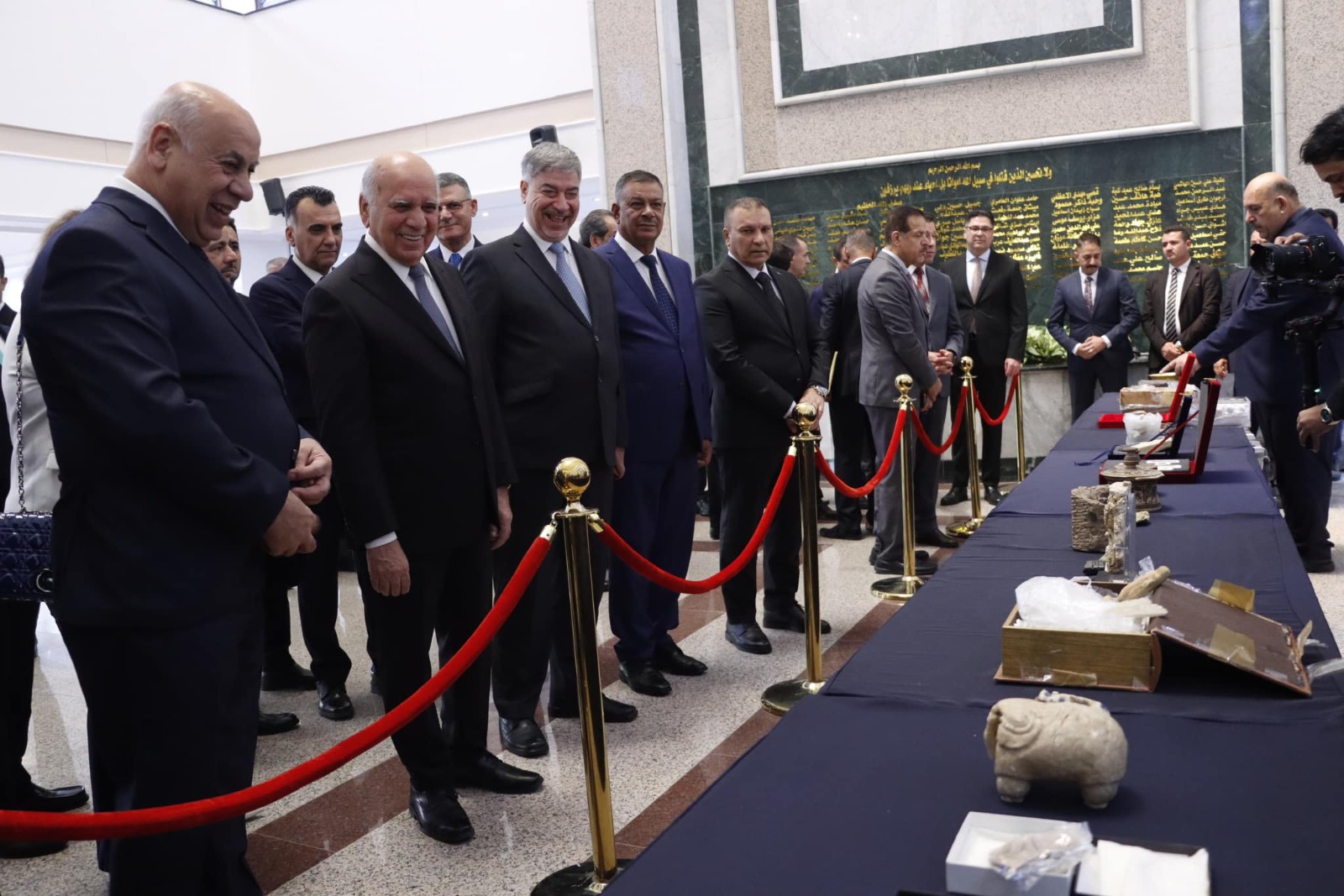
Shafaq News/ On Monday, the Iraqi Ministry of Culture, Tourism and Antiquities announced the recovery of 181 antiquities smuggled during previous periods, during a signing ceremony of a receipt between the Minister of Culture, Tourism and Antiquities, Ahmed Fakak Al-Badrani, and the Iraqi Foreign Minister, Fuad Hussein, in the presence of the head of the Antiquities and Heritage Authority, Ali Obaid Shalgam, and the director of the Authority’s Museums Department, Lama Al-Douri, at the headquarters of the Iraqi Ministry of Foreign Affairs.
The Ministry indicated in a statement received by Shafaq News Agency that the artifacts were recovered through efforts by Prime Minister Mohammed Shia Al-Sudani, during his recent visit to the United States. The pieces were returned to Baghdad aboard the presidential plane.
Among the recovered pieces are a bronze artifact shaped like a man and eight metal boxes containing skeletons. These items were smuggled from Iraq to Los Angeles in the 1990s, originating from the Nimrud site in Nineveh Governorate. They remained unclaimed by successive governments since that time, the Ministry explained.
Moreover, it further noted that the recovered collection encompasses various antiquities from different historical periods. These artifacts were retrieved from locations including Washington, as well as countries such as Jordan, Norway, Germany, and the UK. "This initiative underscores ongoing efforts to track and reclaim smuggled Iraqi antiquities across multiple nations, aimed at their restoration and protection from tampering and vandalism."
In this context, the Ministry highlighted Iraq's commitment to safeguarding its rich archaeological sites across all governorates and ensuring the recovery of smuggled cultural treasures.
It is worth noting that Iraq's rich ancient heritage has suffered significant losses due to conflict, destruction, and widespread looting, particularly since 2003.
Following the Islamic State's rise in 2014, which promoted an extremist interpretation of Islam, historical sites across Iraq were systematically raided and destroyed on an unprecedented scale, as noted by UNESCO. The group utilized looted artifacts to fund its operations through a smuggling network that extended across the Middle East and beyond. The aftermath of the 2003 invasion that ousted Saddam Hussein also saw tens of thousands of antiquities vanish from Iraq.
Efforts led by the United States, under initiatives like the Iraq Cultural Heritage Project established in 2008, have aimed at recovering and repatriating tens of thousands of these historical pieces back to Iraq.
